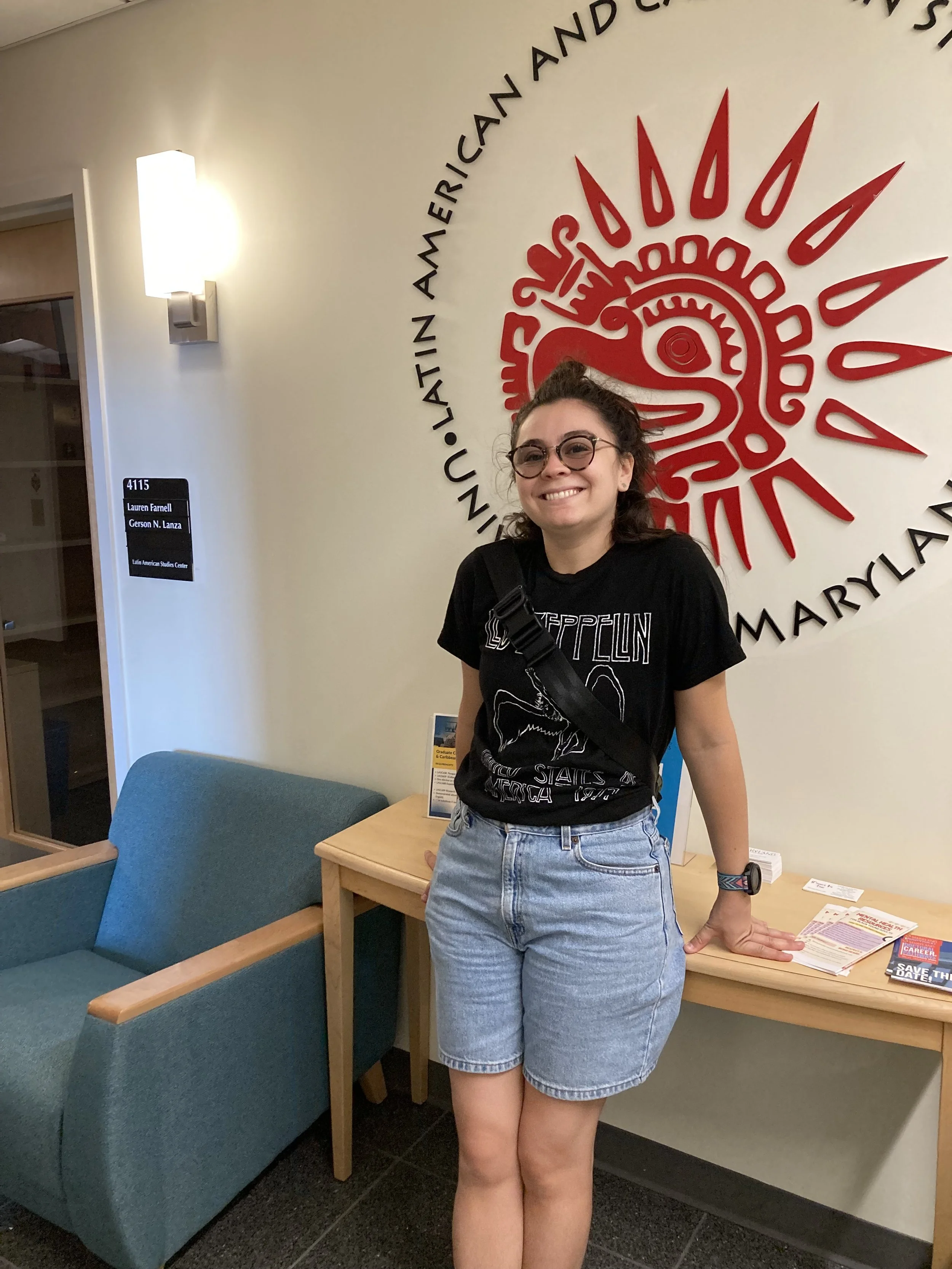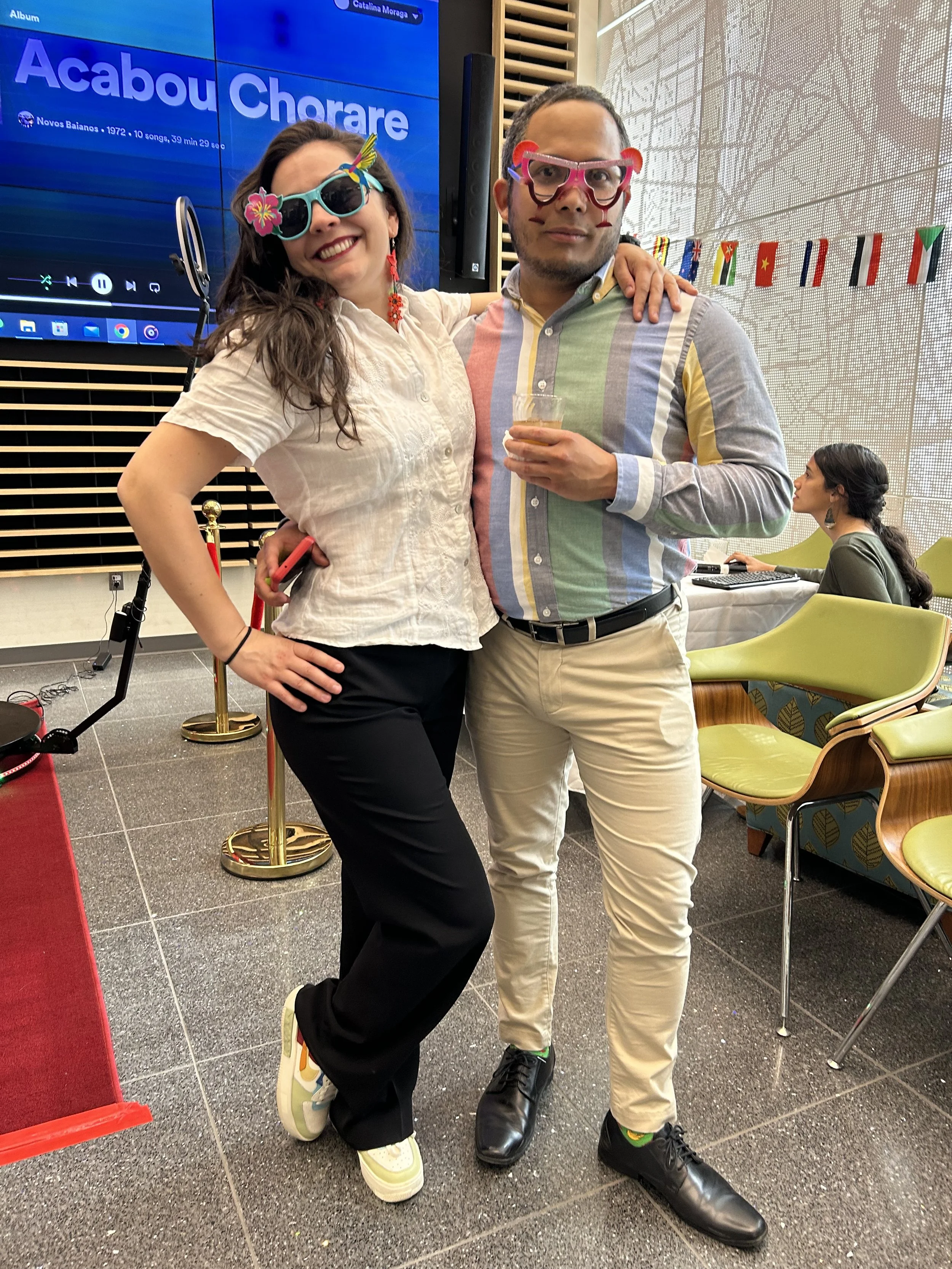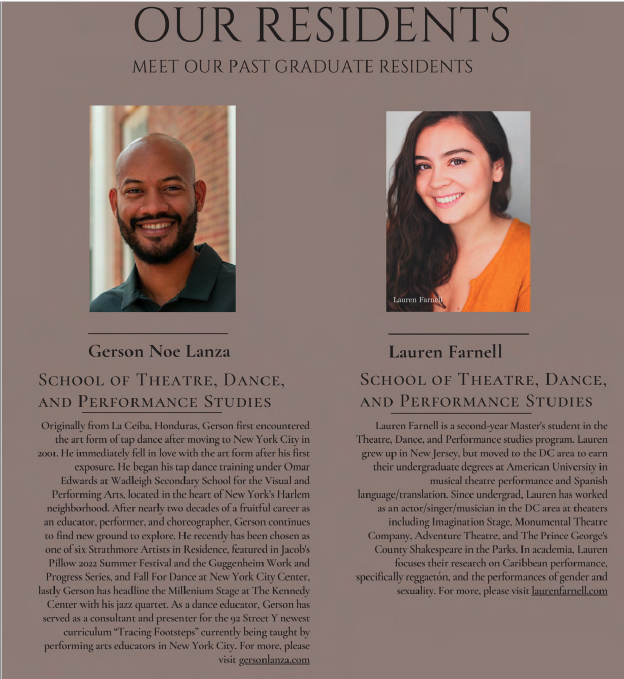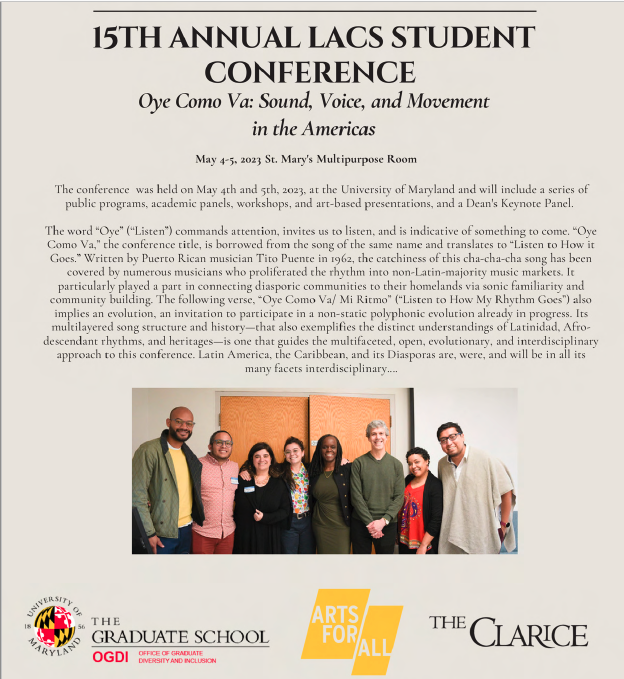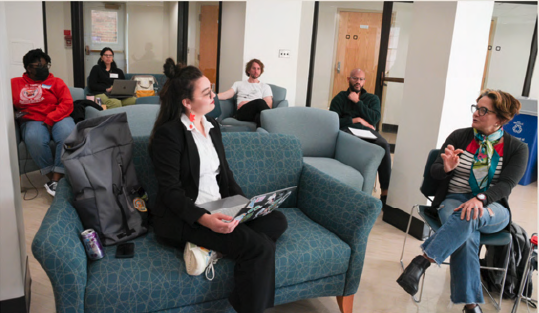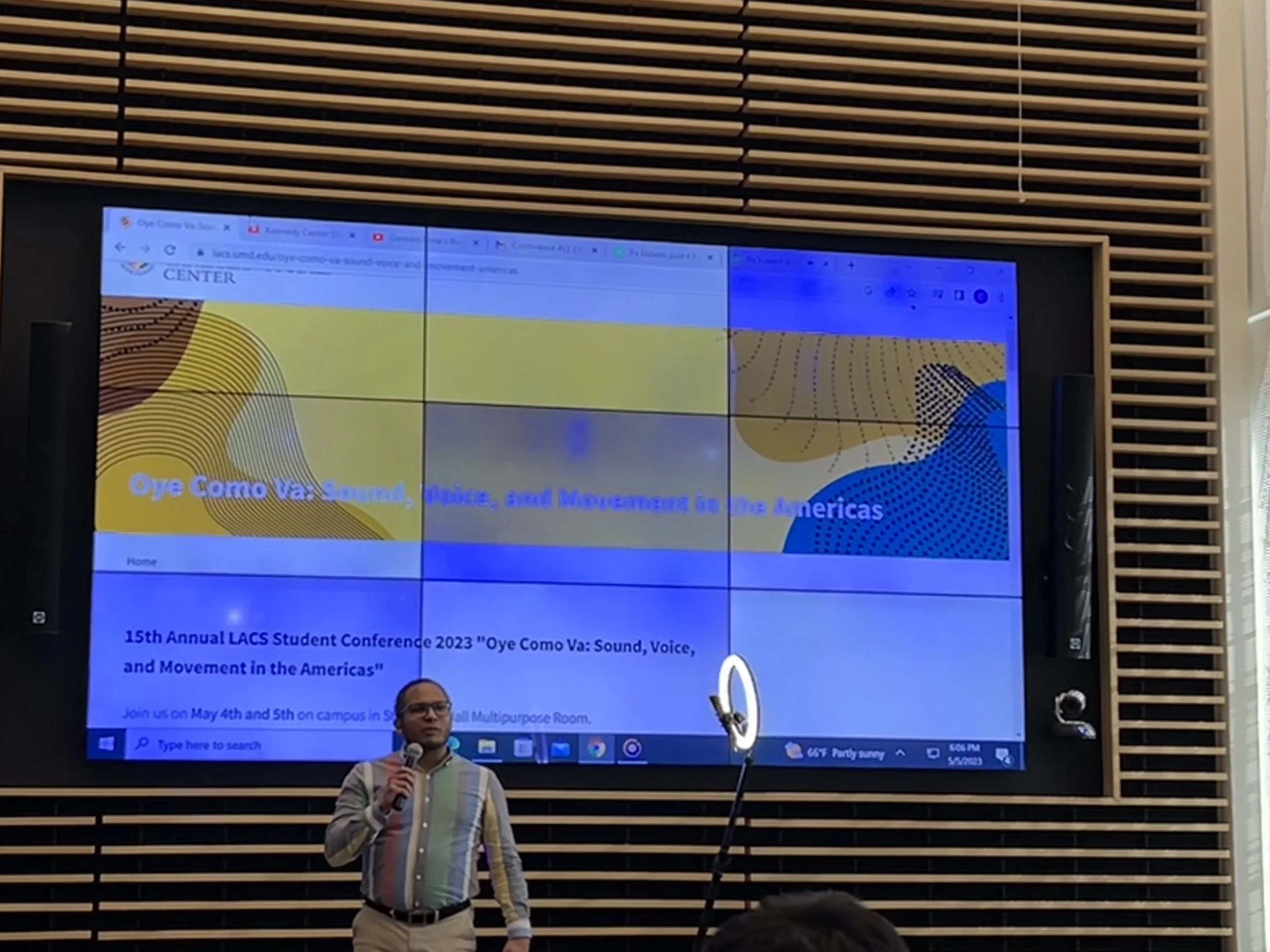Scholarship
Make it stand out
Whatever it is, the way you tell your story online can make all the difference.
It all started when…
~SPRING 2022~
During the pandemic, I spent a great deal of time working in education, and on my own education. As of spring 2022, I am one year into my MA in Theatre and Performance Studies at the University of Maryland, College Park, focusing my research on Hispanic Caribbean theatre and performance; particularly reggaeton performance. My thesis will deal with the intricacies of implicit and explicit queerness in the realm of reggaeton, a genre that is traditionally filled with visible representations of queer folk. I wonder: “why isn’t reggaetón more queer?”
In Spring 2023, I also was awarded a grant by the IPCCR of the University of Maryland to develop my course on Latin American Queer/Femme Theatre that focuses on plays and their connection to political movements.
During my time at American University as an undergraduate student, I became interested and passionate about bilingual theatre, and outreach to marginalized communities to give everyone the space and agency to share their art. In addition, as a member of the LGBTQIA+ community, I’m very invested in the ways in which queer folk have historically been hailed into specific and confining boxes of representation tokenism. I’m interested in how queerness is represented in a multitude of ways, and how it exists in liminal ways in particular.
As of fall 2024…
We’re moving to Providence!
I’ve been accepted to study at Brown University’s department of Theatre Arts and Performance Studies! I’m so jazzed!
Master’s thesis
My Master’s thesis abstract!
Puerto Rican global reggaetón superstar Bad Bunny has skyrocketed in fame over the last few years for his clever lyrics, danceable dem bow beats, and his genderfluid style. He has performed in traditionally “female” clothes, worn nail polish and eye makeup, and kissed men on the international stage, but has never named his queer identity explicitly. Many of his critics have taken to the internet to call him a “queer baiter;”[1] or performing a “fake” kind of queerness because he is not out. Queer baiting discourses like this thrive on essentialist, representational notions of queerness fueled by homonormativity[2] and white, neo-imperial respectability politics that do not count for the illegible or undetermined. This thesis wonders how homonormative queer politics from the US; particularly discourses on demands for outness and legibility, are imposed on all global subjects, particularly on Black and brown bodies from the Caribbean. I aim to tackle the contemporary debates surrounding racialized minoritarian subjects from the reggaetón genre who are constantly caught in discourses of “too queer” for their home countries, or “not queer enough” for white, queer, American audiences. These artists I examine are negotiating queerness, frequently under colonial or neo-imperial rule, and pushing the boundaries of American homonormativity and obsession with “outness.” Utilizing methods from performance, queer, and Latine and Caribbean studies, I argue that we need new understandings of what it means to be queer. I argue that queerbaiting rhetoric does not produce inclusive ideals of queer futurity on a global scale, but these artists performing their versions of queerness move us toward new definitions of queerness that are truly inclusive. Using case studies from the reggaetón genre of Puerto Rico and the Dominican Republic, I argue that performances by Bad Bunny, Tokischa, and Ivy Queen redefine how we come to understand our own queerness, expansive and intersectional queer futures, and how we understand the most popular global music genre.
[1] André Wheeler, “Bad Bunny: Does a Straight Man Deserved to be Called a ‘Queer Icon’?”, The Guardian, 2020.
[2] Lisa Duggan, The Twilight of Equality? Neoliberalism, Cultural Politics, and the Attack on Democracy, (Boston, MA: Beacon Press), 2003.




